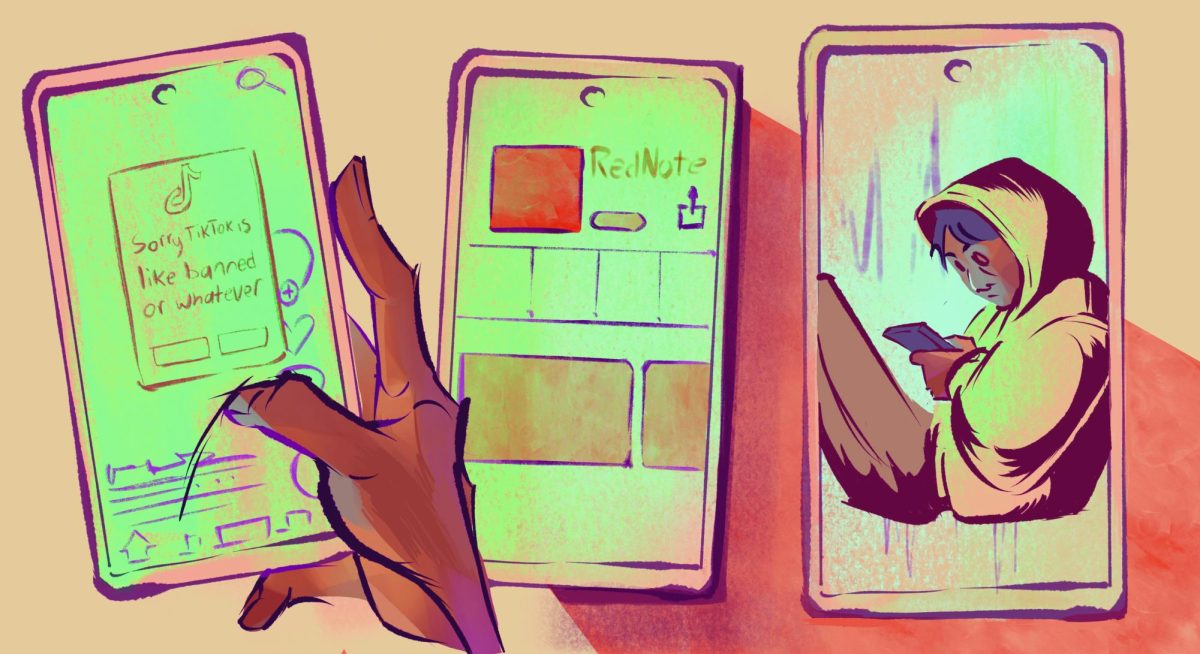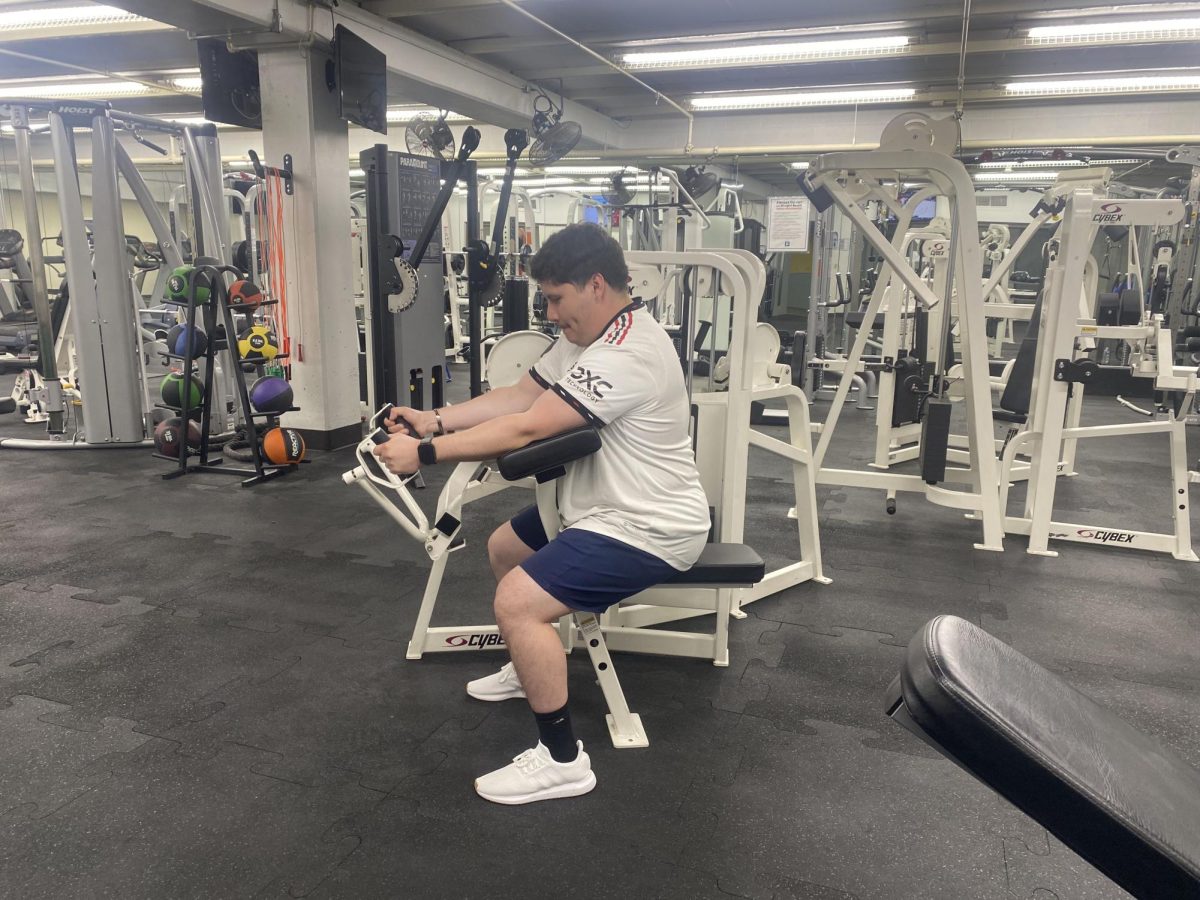Dear Student,

Brookhaven English professor
Your question is interesting because it implies students feel as if an instructor may not “like” them. That is far from the case.
The truth is, instructors have expectations for students in a college classroom, and when these expectations are not met, we often struggle with how to help the student.
Perhaps what you are really asking is, “How do I understand and meet the expectations of an instructor so we both don’t feel frustrated?” Now that is a question that has definitive answers.
Much frustration on both sides can be avoided by reading and understanding the syllabus. The syllabus is essentially a contract instructors sign with their students every semester. Some instructors read the syllabus on the first day of class, and some assign reading it for homework.
Either way, it is the student’s responsibility to both read and understand the expectations set within that syllabus contract. If you have a question about a policy or procedure for the class, ask. If you have a question, there is probably another student who has the same one. Why sit and struggle when you can just ask and have a solid answer?
It can be frustrating for instructors when, weeks into a semester, students ask questions regarding classroom policy or procedure that is clearly outlined in the syllabus or make assumptions that each policy is the same in every classroom.
Let me give you an example. Some instructors take late work with a penalty, while some do not accept late work at all.
Years ago, I received an email from a student halfway through the semester with an essay attached asking me to take it for a late grade. My late work policy, clearly stated in my syllabus, is: I do not accept late work.
The student felt as if I was mad at them, when in reality, I was just adhering to our contract policy. As Michael Corleone said, “It’s not personal, Sonny. It’s strictly business.”
Another one of expectations for students is that they follow whatever attendance policy they have for their class. Again, this is outlined in the syllabus. Showing up 20 minutes late may not be acceptable for some professors. Asking what you missed in those 20 minutes is also not fair to the students who were on time and already heard instructions. Don’t be that student who barges in, Whataburger in tow and slurping a Dr. Pepper, totally disregarding the learning that was taking place prior to your grand entrance. If there’s not an extra Honey Butter Chicken Biscuit in that bag, you’re just being rude and making everyone hungry.
Wait until after class to speak with your instructor. You will get a better understanding of what you missed and some one-on-one time with the instructor if you have any other questions.
Being a good student means being respecting the instructor, the other students and yourself. If you are in a face-to-face class, you are expected to be there, barring any unforeseen circumstance #FluSeason.
The simple answer to your question is to read and understand the syllabus, go to class on time and ask questions when you are unsure of something. The complicated answer is that instructors are people, just like students; we all have good days and bad days.
If you are picking up a weird vibe from an instructor, it may have nothing to do with class at all. You could try asking after class, “Hi Professor ____, how are you today?”
Be understanding of the humanity in the classroom and respect the roles that are there. Your instructor has set expectations to help you be successful as a student. Know what those expectations are and you will most likely stay on the instructor’s “good side” all semester.






